The Politics of Aristotle —— With an Two Prefatory Essays, and Notes Critical and Explanatory
-----
In both volumes I have sought to keep in view the links which connect the Politics with Greek literature generally. It is the work of a widely read man who writes for readers hardly less familiar with Greek literature than himself, and light is often thrown not only on the origin of a doctrine, but also on the meaning of a sentence or the turn of a phrase, when we can recall some kindred passage from the poets or prose-writers of Greece. Aristotle's contemporaries were probably far more aware than any modern reader of the Politics can be, how often he tacitly repeats or amends or controverts the opinions of others. He is especially fond of tacitly echoing or impugning the opinions of Plato, and in a less degree of Xenophon and Isocrates. But not a few works are lost to us which Aristotle had before him in writing the Politics. Among these is the historical work of Ephorus, of which we possess only fragments. We have no doubt lost much by losing all but the fragments of Aristotle's own Polities.'
{{comment.content}}
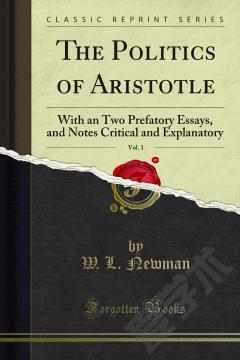
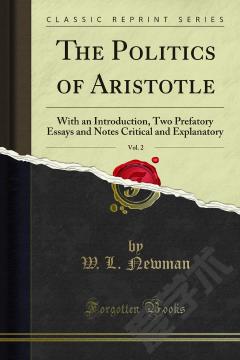
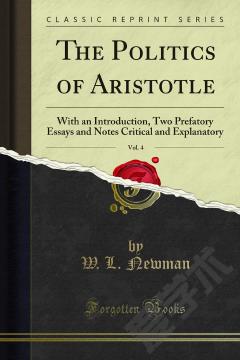
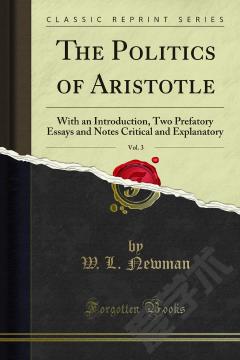

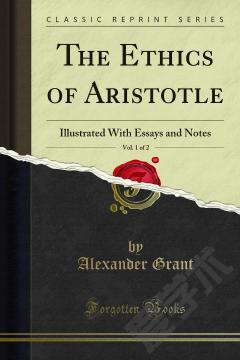


 京公网安备 11010802027623号
京公网安备 11010802027623号